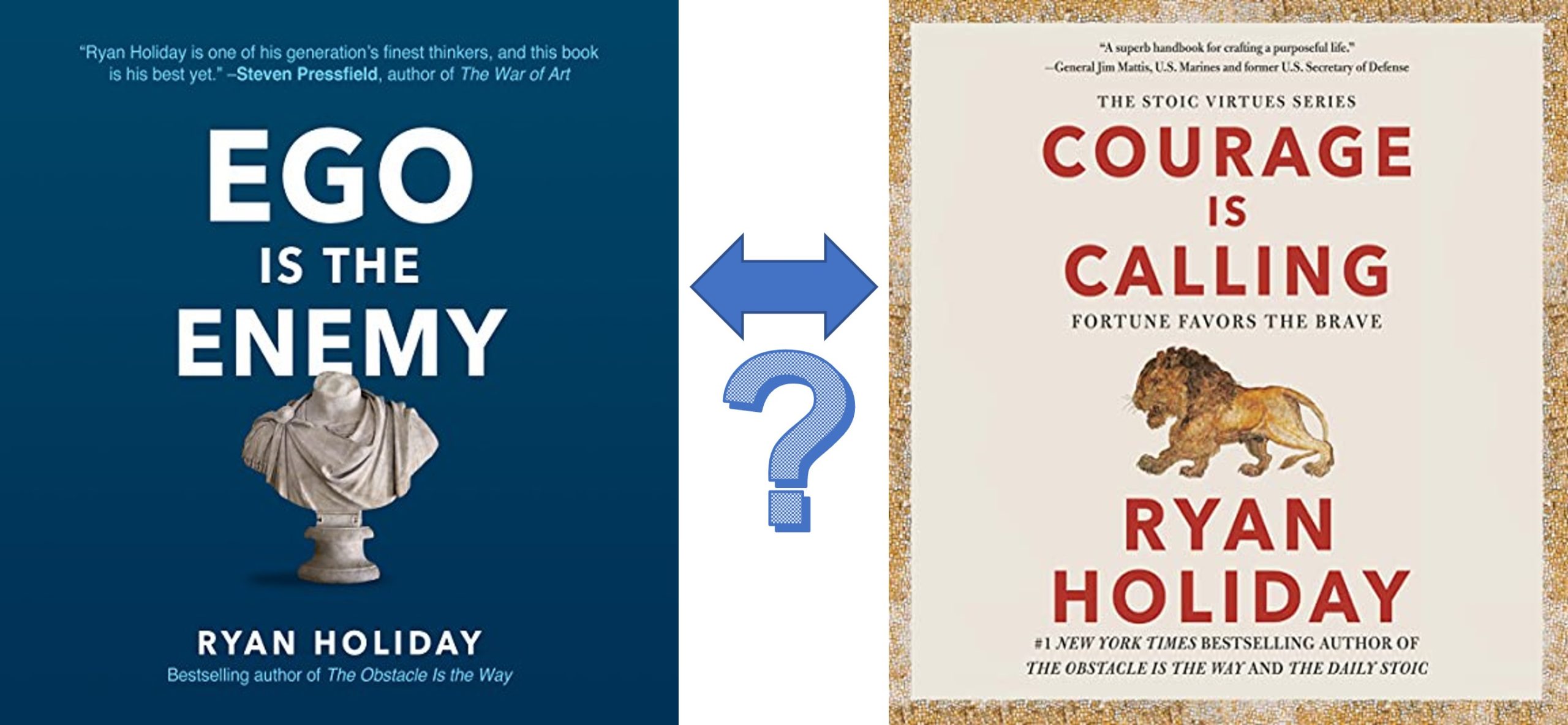Does a Nice Leader Make a Good Culture?
The most recent ProCO360 podcast episode is called “Deliberate Culture,” and was recorded with a LIVE audience watching and listening to the leaders of four Colorado companies known for having a positive culture. Recognizing that we’re in a massively competitive talent war, I wanted to explore what leaders DELIBERATELY do that creates and maintains a culture that is far superior to what might be typical (even good) in their industries.
All these people are passionate about their team members, they all seem like great leaders to work for. So how automatic is it when there’s a caring leader to have a positive culture? Here is a synthesized sample from each of the leaders I interviewed…

Anthony Lambatos, “The Coach,” Footers Catering
Alejandra Harvey, CEO of Tendit Group: “When we form a strong culture, we attract those who share our values.”
Mary Moore-Simmons, VP Engineering of AgentSync: “Difficult problems tend to be culture issues, and it’s important to include middle management in culture.”
Bill Graebel, CEO of Graebel Companies: “Seeing a new problem? Start by looking for where there is an absence of love, truth, or integrity.”
Anthony Lambatos, The Coach of Footers Catering: “Build a culture that embraces what’s HARD because accomplishing difficult things together in a fun way is the work people feel is most gratifying.”
Back to the original question: is a good culture what you get when you have a kind leader? It’s way more DELIBERATE than that.





